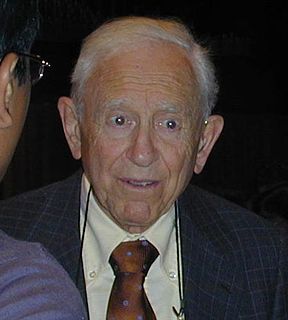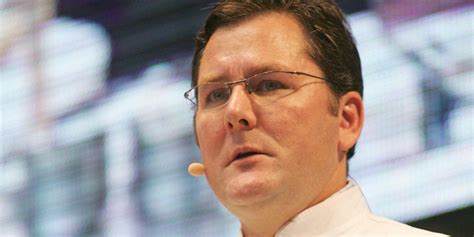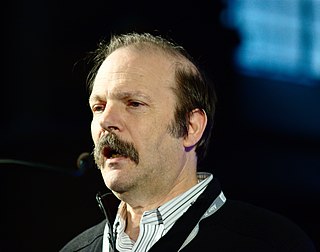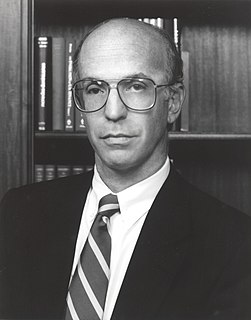A Quote by Franco Modigliani
Economists agree about economics - and that's a science - and they disagree about economic policy because that's a value judgment... I've had profound disagreements on policy with the famous Milton Friedman. But, on economics, we agree.
Related Quotes
My mother and my father taught me to look at the actual problem, not the face of it, not the veneer of it. So for me, I was never - I was impressed that it - racially, I was impressed, right, but now in America it's about economics, and it's been about economics, and honestly, everything's been about economics since I don't want to say the beginning of time, but it's been about economics for a long while.
I don't think that much change comes from economists. I think it comes more from political realities. Probably the two giants of the 20th century, who actually did shift government policy in the U.S. and around the world, were John Maynard Keynes and Milton Friedman. I don't see anybody in our system who is at that level of influence.
I do agree that the science is not settled on this. The idea we would put Americans' economy in jeopardy based on scientific theory that is not settled yet to me is nonsense. Just because you have a group of scientists who stood up and said this is the fact... Galileo got outvoted for a spell. To put Americans' economic future in jeopardy, asking us to cut back in areas that would have monstrous economic impact on this country is not good economics and I would suggest is not necessarily good science.
One of the profound effects of economics in our day is that the people with the money and the power have embraced the guilt-free, external-less, everything-will-turn-out-okay-in-the-end philosophy of economics in order to justify their own evil works. And the economists, for the most part, have sucked up to that money.




































